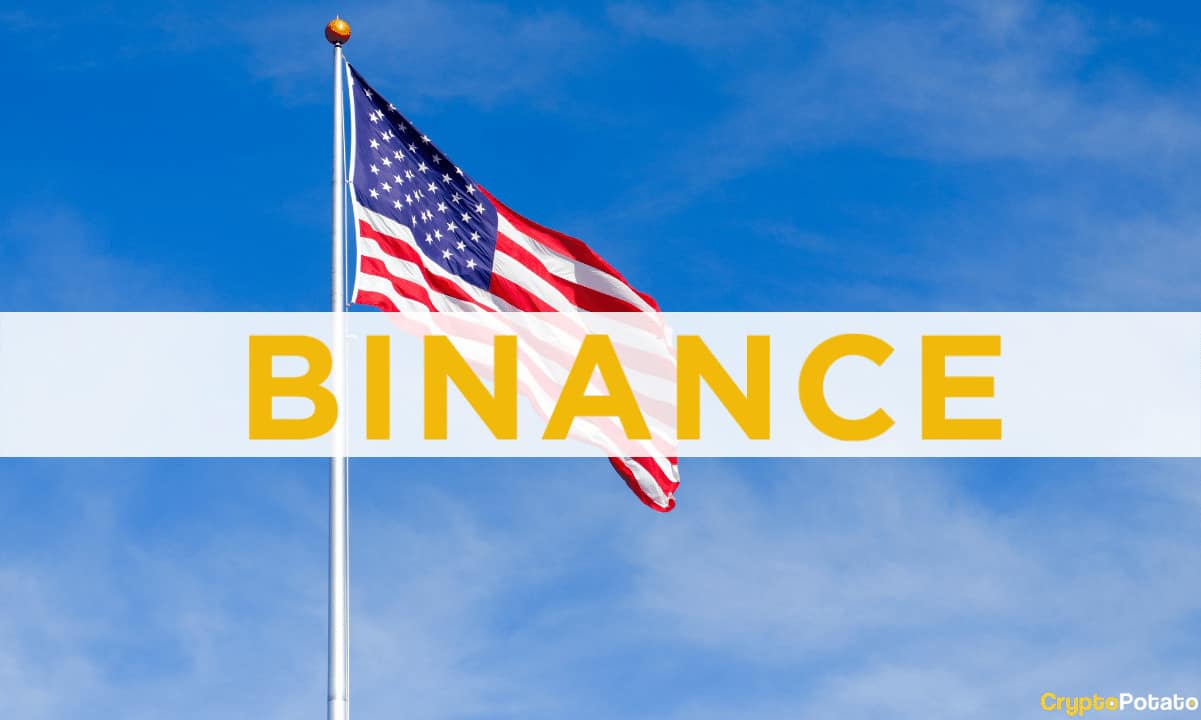Coinbase CEO Explains Why SEC Legal Battle “Isn’t Good For America”
Coinbase CEO Brian Armstrong spoke at length on Wednesday about his initial reaction to the Securities and Exchange Commission (SEC)’s lawsuit against his exchange.
The executive responded to SEC Chairman Gary Gensler’s claims about the market not needing more “digital currency,” and debated whether the SEC is acting in good faith.
An Avalanche of Currencies
In an interview with CNBC’s Squawk Box, Armstrong argued that Gensler was in no position to be “picking and choosing” the technology winners in the crypto space. “Let’s let the market decide that,” he said.
Gensler spoke with CNBC about the lawsuit on Tuesday, asserting that “digital currency” was already a thing before crypto. “It’s called the U.S. dollar, It’s called the euro or it’s called the yen, they’re all digital right now,” he said.
Meanwhile, he questioned the use cases of the 16,000+ coins available for trading through Coinbase’s self-custodial wallet, arguing that disclosures were necessary to make those clear. As Armstrong explained, however, the vast majority of those cryptos are only tradeable on decentralized exchanges – not Coinbase’s platform.
“We’ve reviewed over 1000 assets in crypto – we reject over 90% of them because we felt they weren’t appropriate for our exchange,” he said. Nevertheless, he stressed that cryptocurrencies besides fiat currencies can be used for payments, remittances, political donations, and more.
The SEC’s Tuesday filing named 13 assets trading on Coinbase’s platform that it considers to be unregistered securities, some of which include Solana (SOL), Cardano (ADA), and Polygon (MATIC). Armstrong and Coinbase have long disagreed with Gensler about what constitutes a “security,” however, and argued that conflicting statements from the SEC and CFTC have created a lack of clarity around what the actual rules are.
“This isn’t good for America, it’s not good for the industry,” he said, explaining that it would now be necessary to fetch clarity from the courts.
Did The SEC “Change Its Mind” On Coinbase?
Coinbase and Armstrong have previously argued that the SEC was told what Coinbase’s business practices would be in its S1 registration form. That includes its plans to offer a staking-as-a-service product, which the SEC claimed in its lawsuit ought to have been registered with the agency before launching.
However, CNBC panelists noted that the regulator made clear in its registration form that its S1 approval wasn’t tantamount to an “endorsement of the legality of the issuer’s underlying business.”
To the folks posting that it’s unfair that the SEC is filing an action when they approved the coinbase IPO, please stop. @coinbase was warned that approval of the registration statement didn’t mean approval of the underlying business activity. It’s in the complaint. pic.twitter.com/vvRYwD4pkd
— Joe Carlasare (@JoeCarlasare) June 6, 2023
While Armstrong conceded that a regulator has the right to “come back and edit their thinking,” his company does not share the agency’s legal interpretation that all crypto assets aside from Bitcoin are securities.
“This industry is just not going to exist in the United States if you take that position,” he said.
The post Coinbase CEO Explains Why SEC Legal Battle “Isn’t Good For America” appeared first on CryptoPotato.









